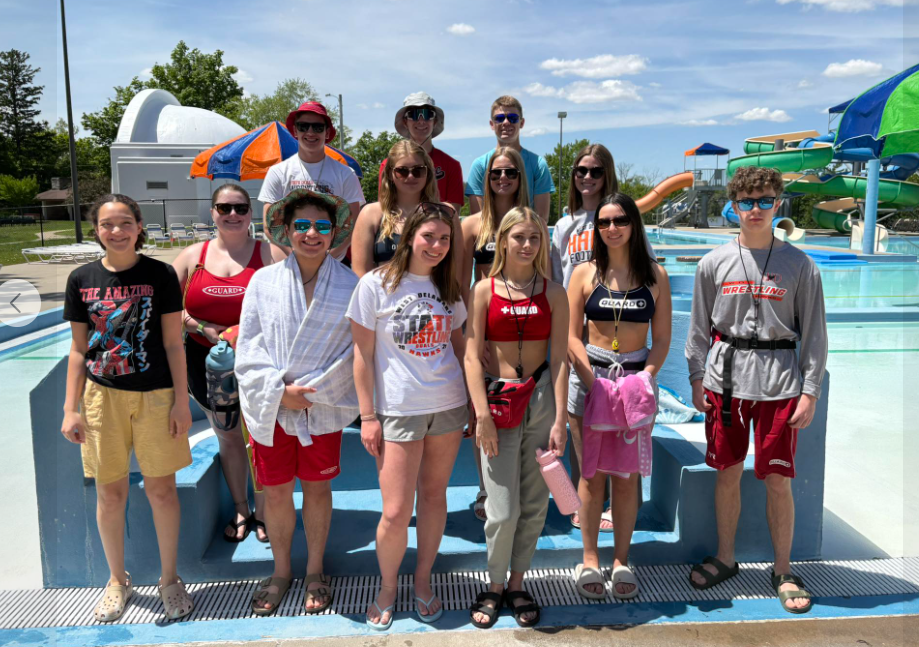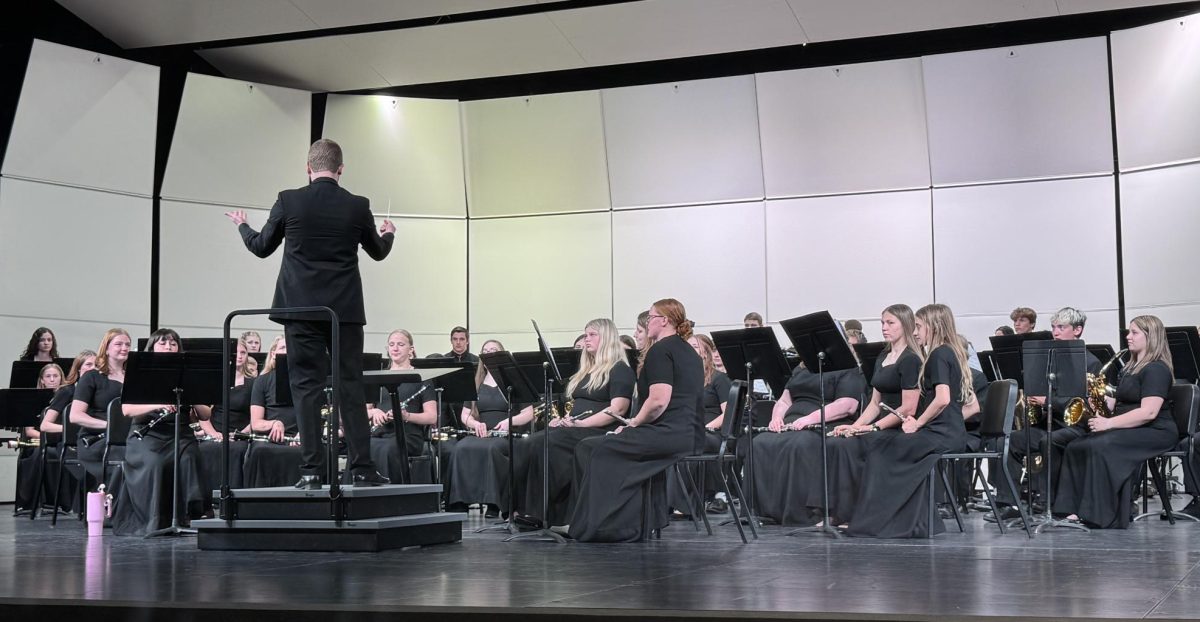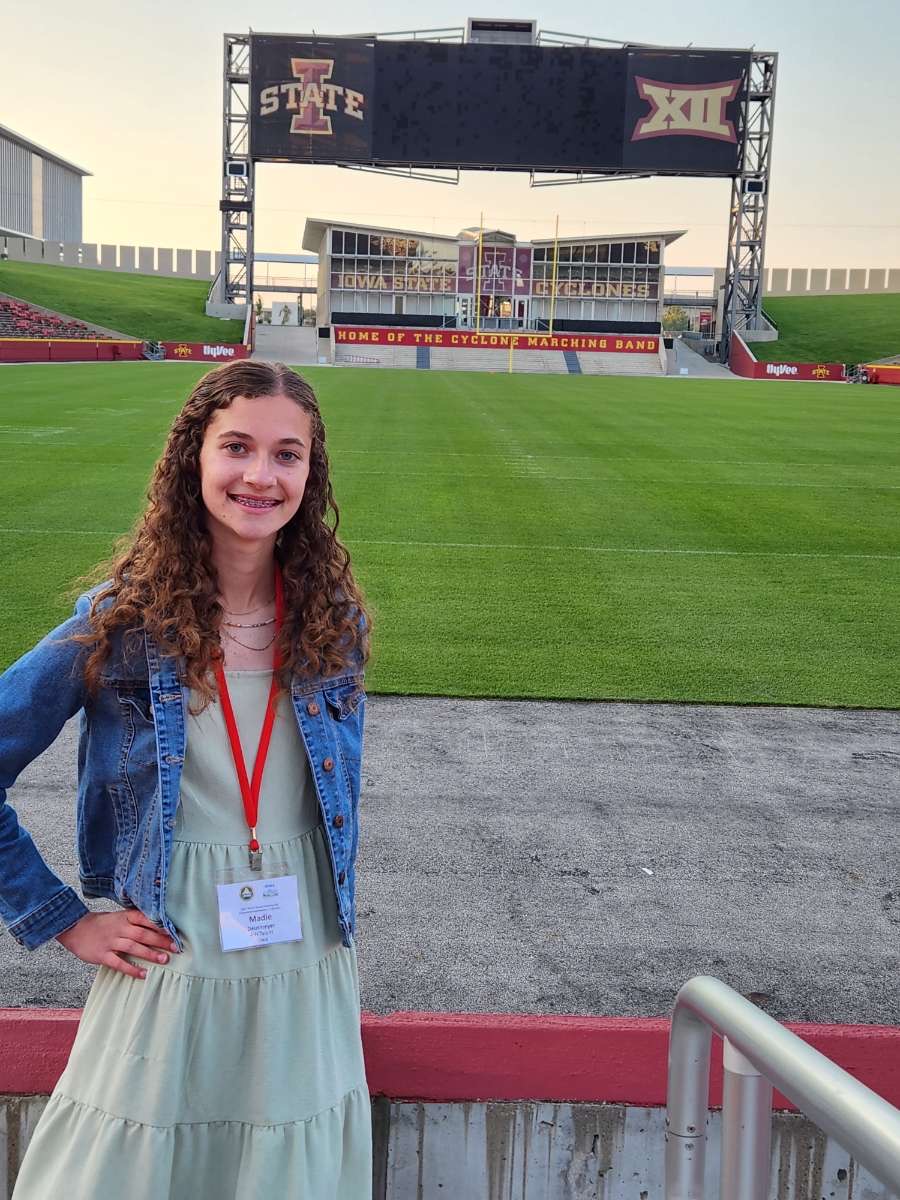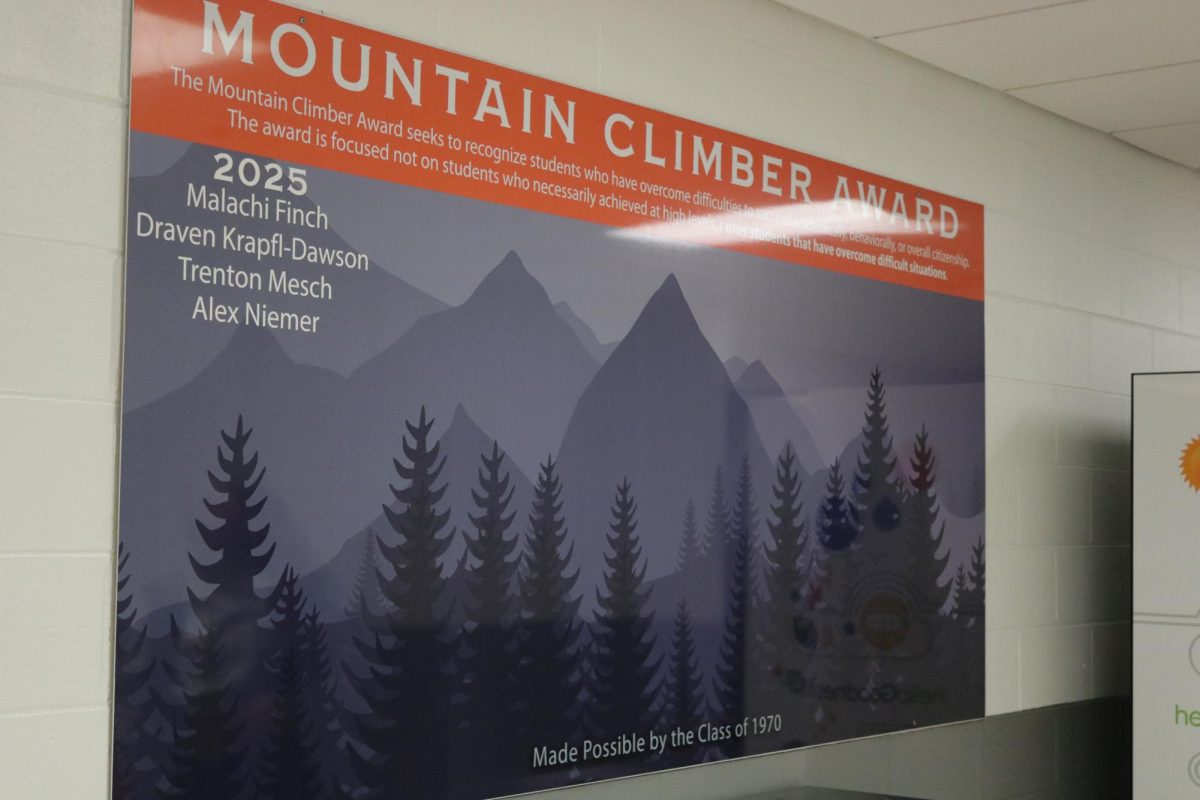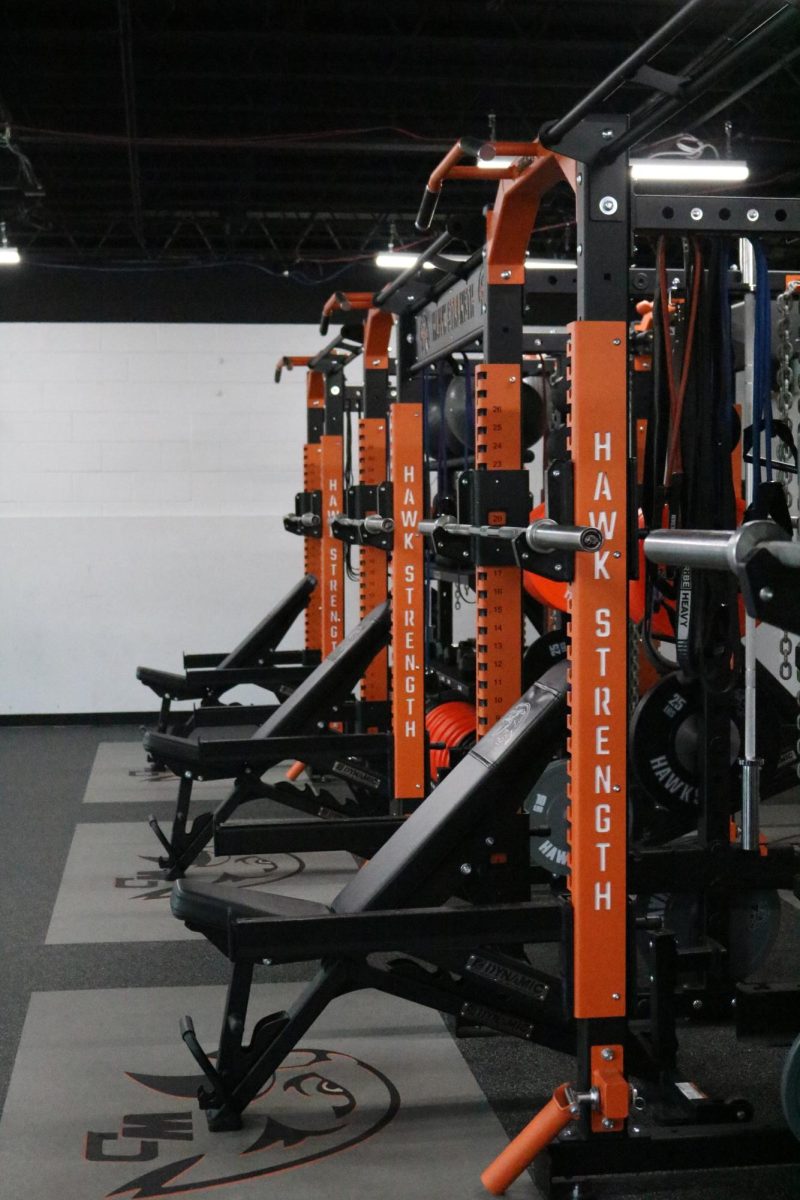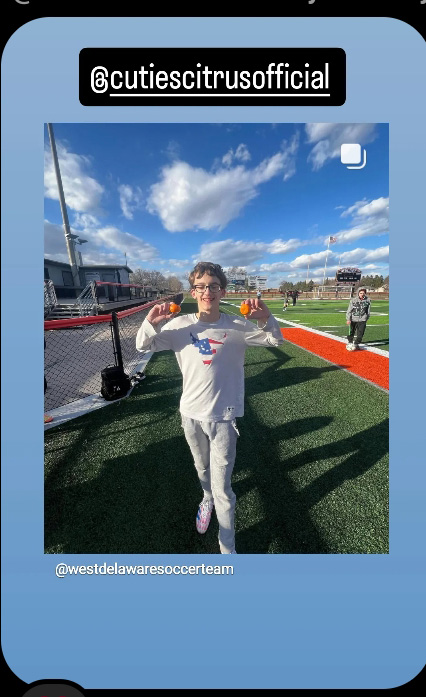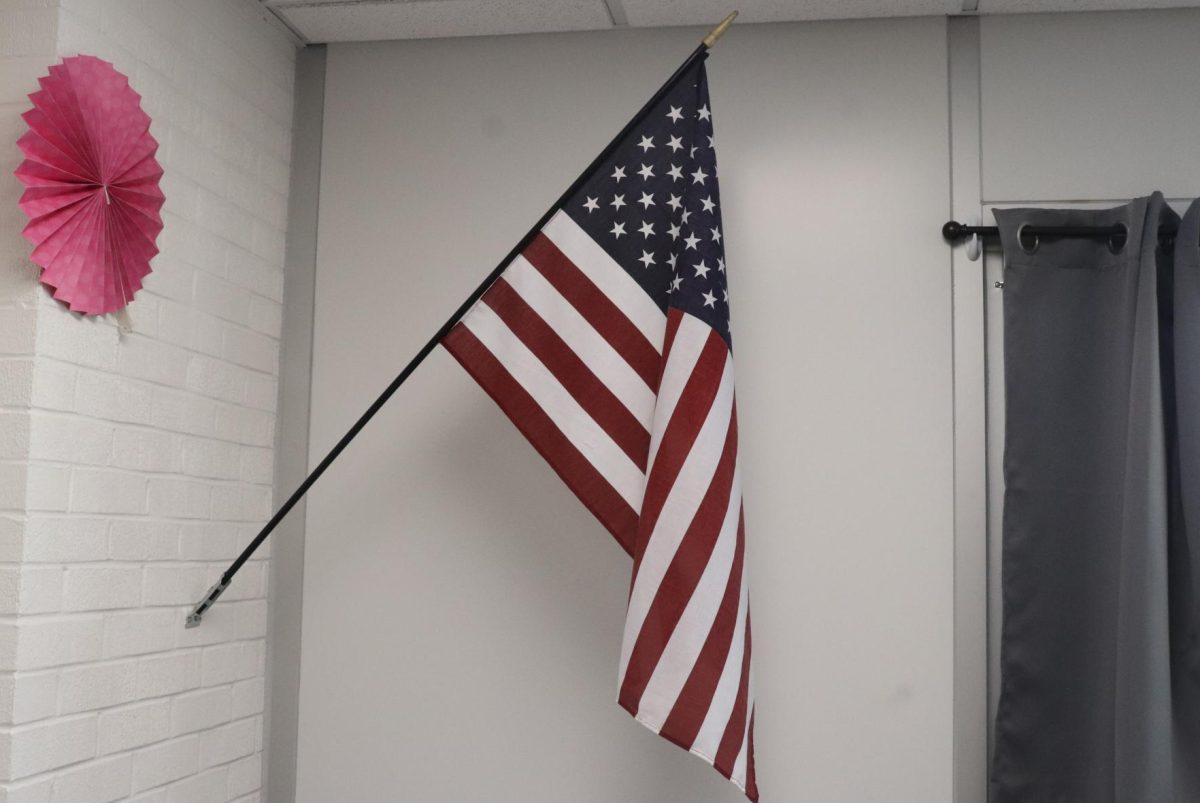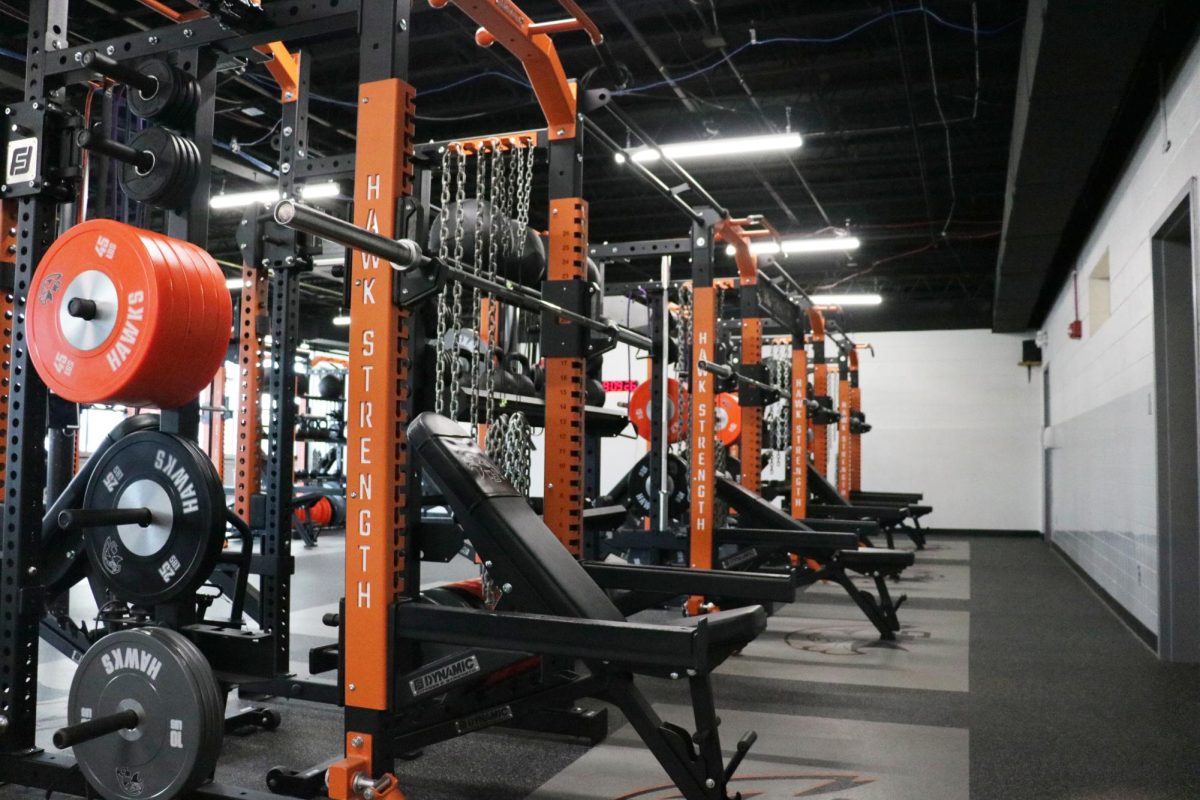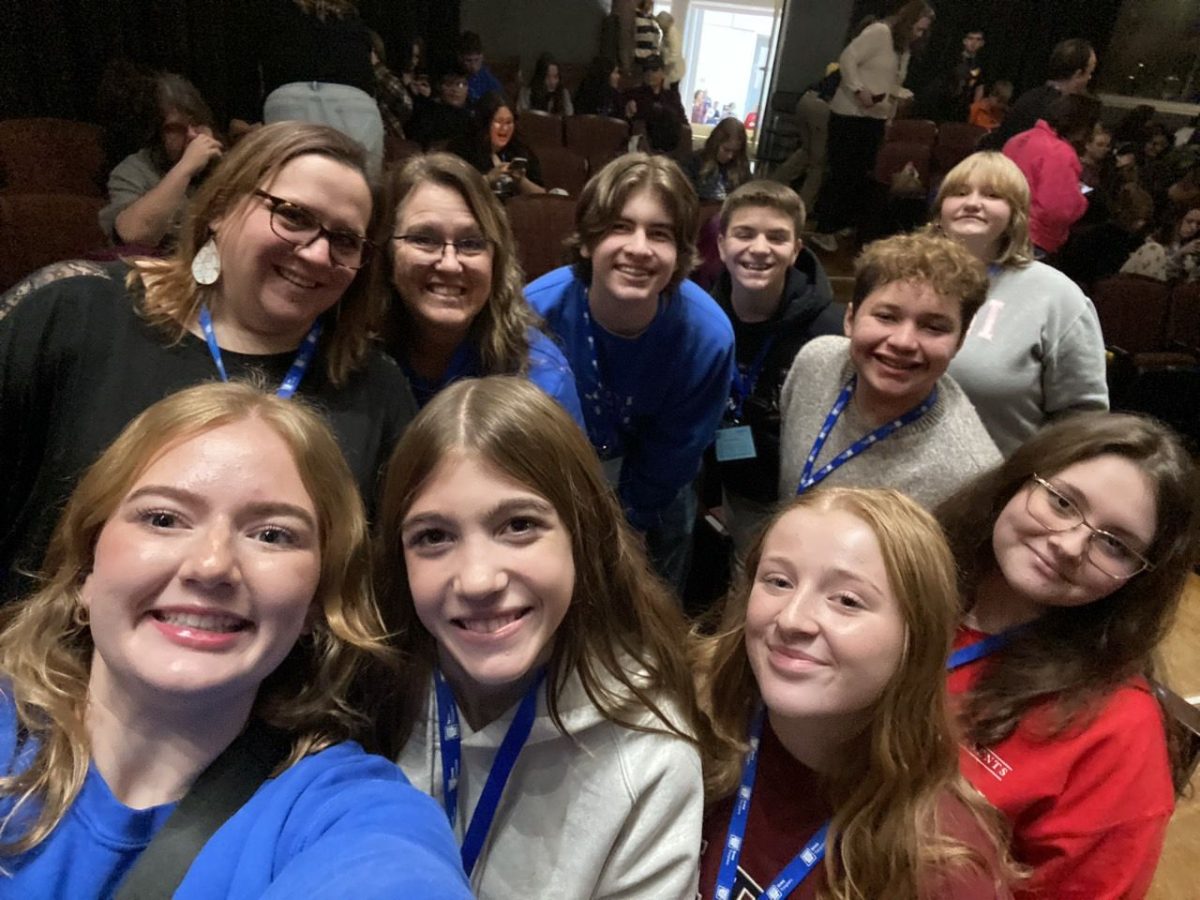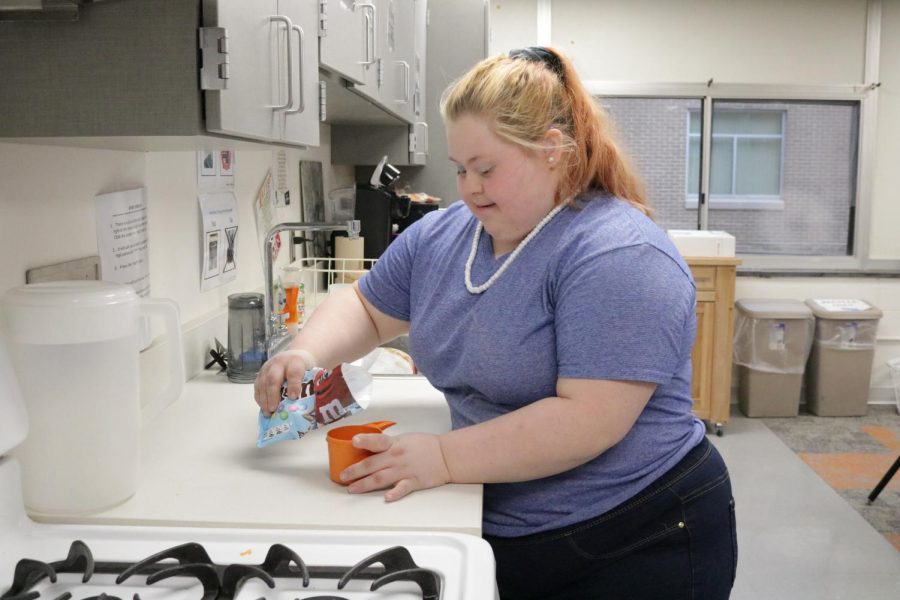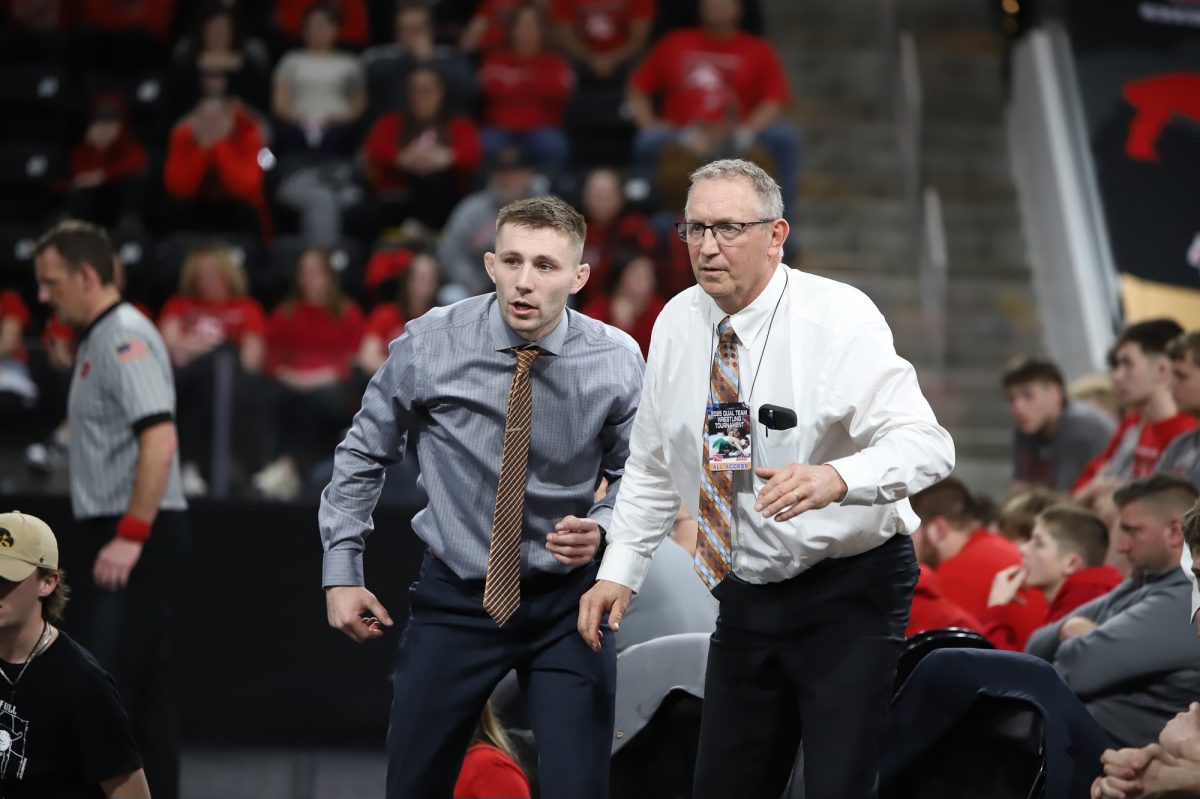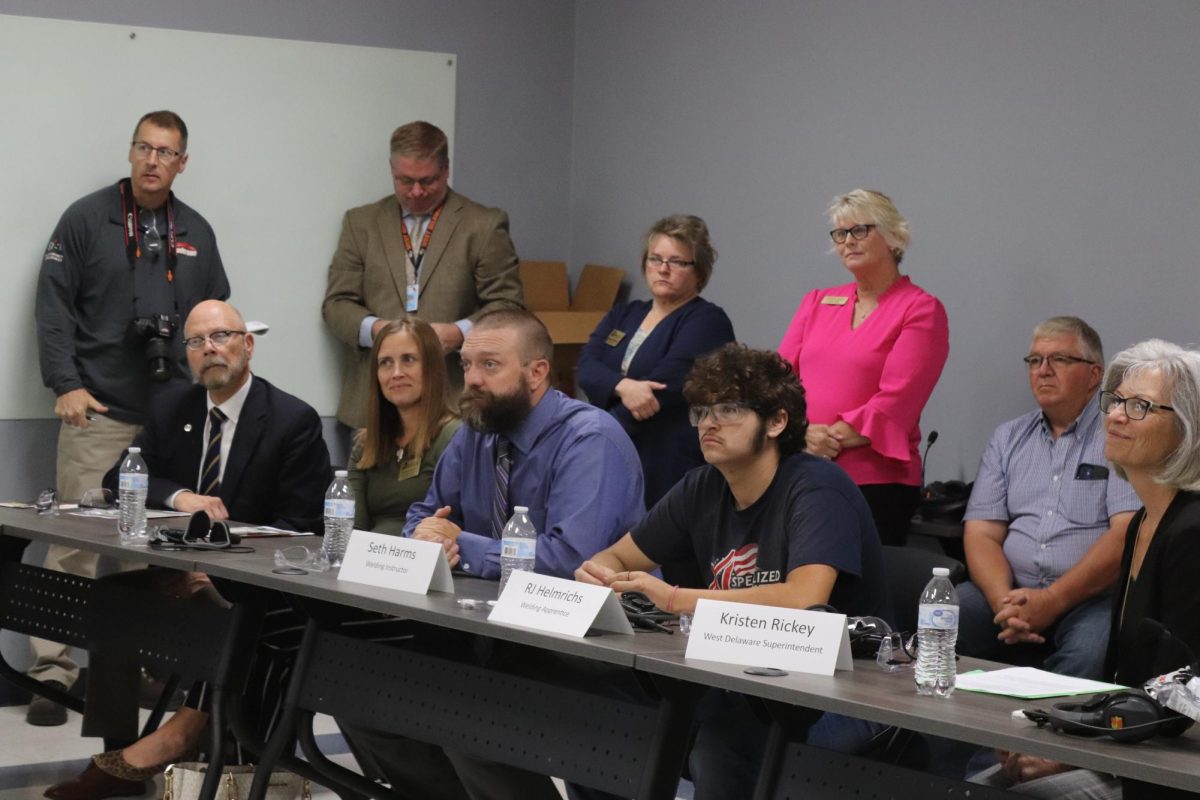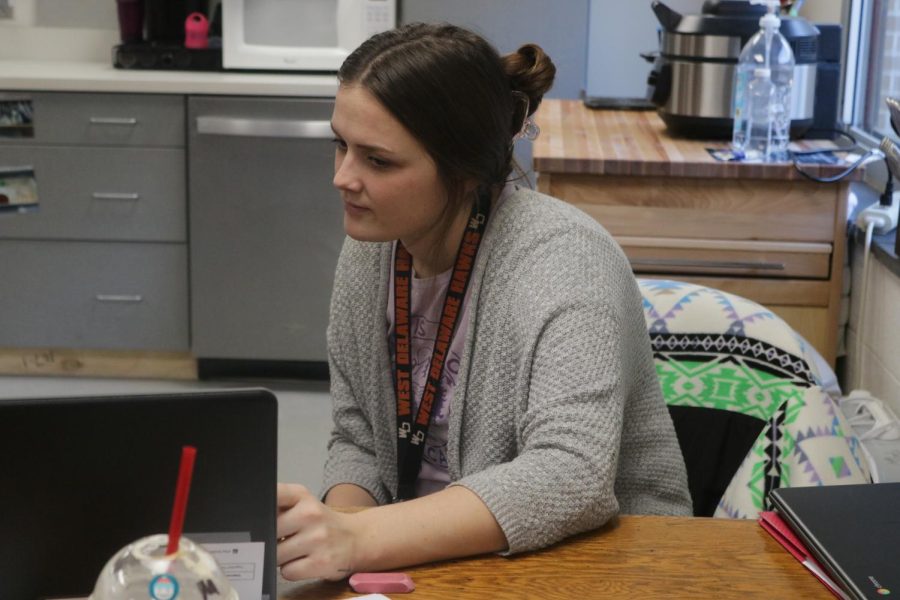Lack of Associates
West Delaware faces the same problem as surrounding schools.
Associate Brianna Schultz helps one of her students with their school work.
February 10, 2023
With an unemployment rate of 2.2% in Delaware County, West Delaware High School is struggling to hire the associates necessary to support students.
Open interviews were held over the summer and 10 associates were hired across the district.
“We had a great response over the two days in the summer,” principal Tim Felderman said. “The open interviews have been great for us, but it’s a tough job market. With such a low unemployment rate, pretty much everyone who wants to work or can work is working.
Everyone is looking for workers, and private companies can offer incentives that we can’t offer, since we’re a public institution. Because of this, we try to offer incentives when we can, such as retention bonuses and summers off.”
Many factors contribute to our lack of associates, some of which are not in the school’s control.
Melissa Hauschild is in her fourth year as a special education teacher at West Delaware and helps students with disabilities in core areas as well as transitional skills such as hygiene, employability, and speech.
“The state of the economy and cost of living have gone up, so people need more pay,” Hauschild said. “Schools just aren’t funded in a manner that aligns with the cost of living.”
Hauschild is short one associate. “It’s a district-wide issue, and Lambert and the middle school have shortages as well,” she said.
The open interviews aren’t the only way the school is working to hire associates; they are also relying on local resources.
“We’re continuing to use social media, KMCH, and the local newspaper, and we will be attending career fairs with Dr. (Kristen) Rickey,” Felderman said. “One of our biggest resources is word of mouth. We’ve been talking to other staff members to see if they know of anyone.”
The West Delaware School District is not the only district that is experiencing an associate shortage.
“I’ve had conversations with other principals, and everyone is short associates,” Felderman said. “Other schools of different or similar size have not been able to fill multiple positions.”
In her first year as an associate, Brady Tubandt is feeling the effects of the associate shortage.
“We’re trying to bounce between all of the students who need associates,” Tubandt said. “There’s definitely challenges when you’re working with students who are on different learning levels and need help in different areas. Additionally, students who need one-on-one time might not be getting it.”
While the administrators are doing what they can to hire more associates, the special educators are working to make sure students’ needs are being met.
“I share and borrow associates from other special education teachers,” Hauschild said. “Associates do lunch duties and work with students when another associate or student is absent.”
Not only are the special educators making sure special needs students are getting what they need, but Felderman is working right alongside them.
“Obviously this is affecting the students,” Felderman said. “We have to have associates for our one-on-one students. That’s our first priority. We have to get creative from there. A lot of time management is involved; for example, we try to combine students’ schedules so we can have an associate with everyone when they need it.”

